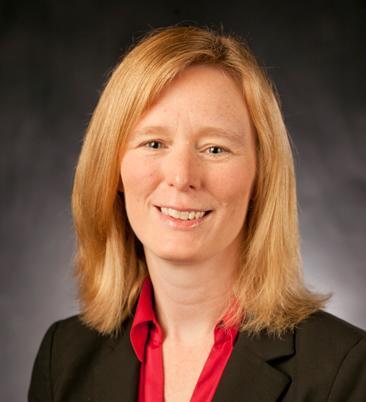
Strategic donor behaviour and country vulnerability in health aid transitions
Research co-authored by Associate Professor Sarah Bermeo is published in BMJ Global Health.
Will bilateral donors withdraw their official development assistance (ODA) to low-income countries when the recipient countries reach middle-income threshold? Many multilateral donors, including Gavi, the Vaccine Alliance (GAVI), implement a “graduation” process, phasing out support once the threshold is reached.

Sarah Bermeo, associate professor of public policy, with co-authors Wenhui Mao, Kaci Kennedy McDade, Osondu Ogbuoji and Gavin Yamey, all with the Center for Policy Impact in Global Health at Duke University, conducted an observational dyadic analysis using longitudinal data to understand how bilateral donors behave after a recipient country graduates from Gavi support. The authors also looked at how bilateral donors might treat Gavi support countries differently, based on strategic interest in the recipient.
In their article, “Strategic donor behaviour and country vulnerability in health aid transitions,” published in BMJ Global Health, the authors shared they found bilateral donors behave in a similar manner to Gavi when it comes to funding health systems in low- and middle-income countries and that Gavi graduation was observed to have a larger negative impact on bilateral ODA in the longer term.
“We found a country would receive $3.1 million less all sector ODA from a bilateral donor, and $0.6 million less health ODA, after they graduate from Gavi,” the authors wrote.
They also found "countries that sent more migrants, had been colonised, and received more U.S. military assistance tended to receive more ODA," and while "there are similarities and differences across different donors, bilateral donors tend to provide more ODA to nearby countries and countries receiving fewer exports from the donor.”
“Our study observed that some countries may be at risk of losing donor resources for health from a multitude of sources around the same time,” the authors added. “However, countries that have a strategic interest in bilateral donors may be spared from such funding cliffs. This research has important implications for global health donors’ funding policies and approaches in addition to recipient countries’ transition planning.”
In addition to teaching in the Sanford School of Public Policy, Bermeo co-directs the Duke Program on Climate-Related Migration and is a faculty member of the Duke Center for International Development. Her research lies at the intersection of international relations and development, with a focus on foreign aid, migration, climate change, and the intersection of these areas, particularly with regard to climate change adaptation and the development of institutions for global public goods.